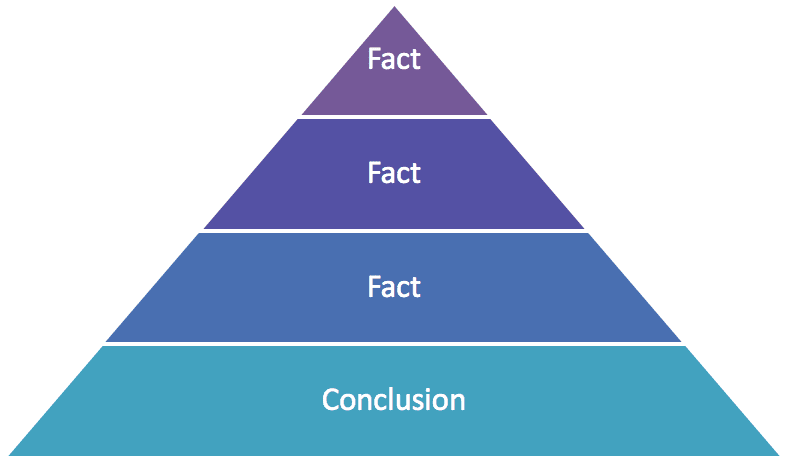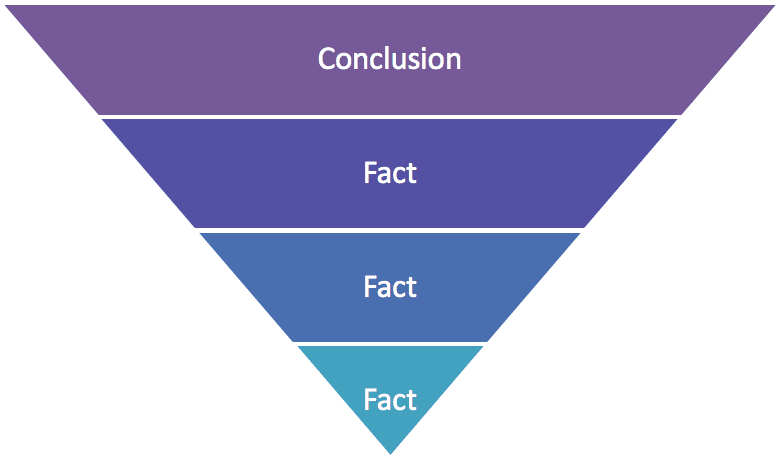Content is about the music, not the words. That’s why it is too important to be written by lawyers and other professionals. It’s not that you don’t know your stuff; rather, it’s that you know it too well. As a result, few attorneys understand how to explain something simply in a blog, article or even a new business presentation in a way that clients will understand both the facts and why it’s important to them.
A C-suite executive explained it this way in a focus group I ran once for a law firm client.
“I want to read about a dining room chair,” he said in response to a question, shaking his head in exasperation. “But they write blogs that explain six chairs, a table and a sideboard. I’m sure they’re very nice but all I needed to read about was one chair.”
Whether it’s a blog, a magazine article, a website or the executive summary to an RFP response, writing for clients is an art you probably didn’t learn in law school. How you were taught to write documents creating a merger or craft a filing for a judge or regulatory agency is the exact opposite of how people read, assimilate and remember information.
Flipping the Pyramid
To do this successfully and thus attract – and retain – readers who could become clients, content must be written the way the brain gathers and sorts information.
Attorneys are trained in law school to assemble facts and stack them up one after another to draw a conclusion. It’s how a court, a regulatory agency or any business document needs to be drafted so that the it is crystal clear and legally binding.

How Lawyers Write
But for readers of a blog, an article in a trade or industry publication, or even a piece of leave-behind material handed out at a new business presentation, the pyramid needs to be flipped on its head. A reader needs to know the conclusion first and then see the supporting information. Journalists call it “the lead” and it’s what entices someone into reading the rest of the article.

How People Read
Six Reasons Not to Write Your Own Content
You know about the law; writers know how to write. Here’s why your content should be written by people who are professional communicators.
- A writer will put a different angle on something that’s been covered by the business or trade press so that you’re not giving readers old news.
- A writer will distill your complex, technical and sometimes arcane information down to the understandable basics.
- A writer will make your writing “sing” by using vibrant language, word pictures so readers can “see” what they’re reading.
- A writer will construct the piece with a compelling “lead” so that readers will want to know more.
- A writer will explain your ideas as well as the information, giving readers something to think about that will help them do their job better,
- A writer will put a forward spin at the end of a blog so readers will know what they should do, including contacting you to see how they must adjust what they’re doing – or not doing.
Finding Help
There are many people who claim they can create content. How do you sort through them all?
First off, find a writer with a background in journalism – especially business writing. They are accustomed to taking complicated topics and making them understandable and readable for people who need to know something about the subject but don’t care to know about the law. Second, the writer should have experience with lawyers and law firms so they understand the dynamics of law firm marketing in the profession as well as what bar associations and law societies allow for ethical promotion of legal services.
Finally, find a writer who can turn out your copy in a hurry. We’re not talking about a Hemingway or Le Carre who fret over a single sentence for months. A blog isn’t The Old Man and the Sea or Smiley’s People. They should produce nearly-finished copy in a day or two. Just because you use a writer doesn’t mean that your voice or intent will be lost. What it means is that your blog, article or other material will be more likely to resonate with readers.
Jim Bliwas has worked in and with law firms for most of his career and is PSM’s Senior Marketing and Communications Strategist. Connect with him on LinkedIn.

